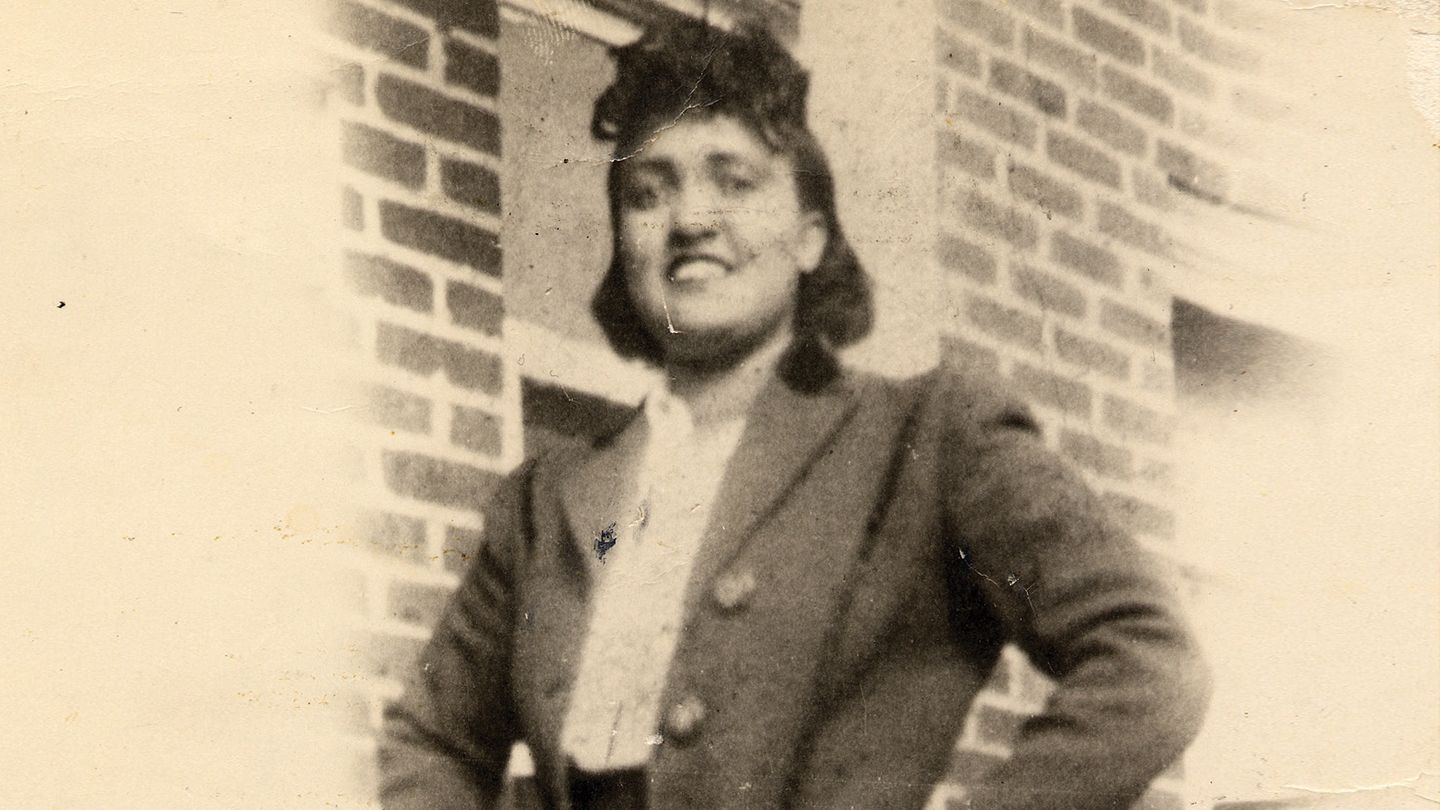
The Controversial History of HeLa Cells
In the early 1950s, an African American woman named Henrietta Lacks visited the Johns Hopkins Hospital complaining of vaginal bleeding. She was diagnosed with an aggressive form of cervical cancer. During treatment, her doctor took samples of her cancerous cervical tissue without her knowledge or consent. Those samples eventually led to the creation of the first immortal human cell line, known as HeLa cells.
HeLa cells proved invaluable to medical research. Their ability to rapidly multiply in laboratory settings allowed scientists to conduct experiments that led to major advancements like the polio vaccine. However, the Lacks family was not informed that Henrietta's cells were being used for research purposes until over 20 years after her death.
The Importance of Informed Consent in Medical Research
Henrietta Lacks' case highlighted ongoing issues around informed consent, privacy, and compensation in medical research. When patients agree to undergo procedures, they are often not made fully aware if parts of their body may be used for additional scientific purposes. Henrietta was never given the opportunity to consent to her cells being used for research.
Lack of informed consent was unfortunately common in medical research at the time. The ethical standards around disclosing research usage of patient tissues have since improved. However, Lacks' experience still resonates when discussing informed consent in minority communities.
The Continued Use of HeLa Cells Despite Objections
After learning that Henrietta's cells were being commercially sold, members of the Lacks family spoke out about wanting compensation. They pointed out that biotech and pharmaceutical companies had profited enormously from products developed using HeLa cells. Meanwhile, the Lacks continued to struggle financially as they coped with medical bills and served as caretakers for Henrietta's young children after her death.
Despite the family's objections, Henrietta's cells continued to be mass produced and commercialized. By the 1970s, HeLa had contaminated many cell lines used in research laboratories. The global scale of HeLa cell usage made accountability or financial restitution extremely difficult for the Lack family to obtain.
The Estate of Henrietta Lacks Sues Thermo Fisher
In October 2020, the estate of Henrietta Lacks filed a lawsuit against biotech company Thermo Fisher Scientific over their sale of HeLa cells. Thermo Fisher is one of the largest suppliers of HeLa cells, which they claim to have sold for over $3 million annually.
The lawsuit alleges that Thermo Fisher profited from HeLa cells without permission from the Lacks family. It accuses Thermo Fisher of "unjust enrichment" via their promotion and sale of HeLa cells without properly compensating Lacks' estate.
Allegations of Exploiting Henrietta Lacks' Story and Identity
In the lawsuit, the Lacks estate also alleges that Thermo Fisher exploited Henrietta Lacks' identity. Thermo Fisher's website advertised HeLa cells using images and descriptions of Henrietta Lacks and her family to promote products without their consent.
Using someone's likeness for advertising purposes without permission raises legal issues around invasion of privacy. The lawsuit argues that by using Henrietta Lacks' name, images, and life story to market lab materials, Thermo Fisher commercially benefited from aspects of her identity without agreement from the estate.
Calls for Thermo Fisher to Make Amends with the Lacks Family
Along with financial restitution, the lawsuit calls for Thermo Fisher to make amends with the Lacks family by working with them directly to find solutions. It emphasizes that the case is about more than just monetary compensation.
The estate asked Thermo Fisher to cease using HeLa cells in their current form, claiming that the cells in circulation today are not exact clones of Henrietta Lacks' tissues. The lawsuit pushes Thermo Fisher to address deeper issues around ethics and transparency in their handling of HeLa cells moving forward.
Thermo Fisher's Response to the HeLa Lawsuit
In response to the lawsuit, Thermo Fisher Scientific says they sympathize with the Lacks family and recognize Henrietta Lacks' contributions to scientific research. However, they deny allegations of wrongdoing in their handling of HeLa cells.
Thermo Fisher argues that they obtained HeLa cell specimens legally from reputable suppliers like the American Type Culture Collection. They claim to have subsequently handled the HeLa inventory responsibly in compliance with regulations.
No Admission of Unethical Behavior
The biotech giant defends their use of HeLa cells as aligned with standard industry practices. They say they have already made significant philanthropic investments that benefit the Lacks family indirectly through donations to museums, scholarships, and other programs honoring Henrietta Lacks' legacy.
However, Thermo Fisher stops short of admitting that any aspect of their HeLa commercialization has been unethical. They give no indication of plans to directly compensate the Lacks estate or to work with the family on reshaping policies around HeLa cells.
Uncertain What the Lawsuit Will Accomplish
With Thermo Fisher showing no signs of voluntary cooperation, it is unclear what the lawsuit will ultimately accomplish. A court may determine that Thermo Fisher acted legally, since lack of informed consent was rampant in Henrietta Lacks' time. The lawsuit has drawn attention to ongoing tensions, but may not lead to the changes the Lacks estate hopes for.
The Broader Implications of the HeLa Controversy
The legal case against Thermo Fisher underscores lingering controversies around ethics, race, and medical research stemming from Henrietta Lacks' experience. Her involuntary contributions enabled many scientific breakthroughs, but also highlighted mistreatment of unwitting patients from marginalized communities.
Spotlight on Appropriating Medical Materials from Black Americans
Racial dynamics cannot be ignored when considering lack of consent in Henrietta Lacks' case. As a poor black woman receiving free treatment, she had little power to resist the medical establishment's demands. Many still view harvesting of biological materials from marginalized populations for research as exploitative.
The HeLa story fits into a broader context of Black Americans having their medical samples used without proper disclosure. The Tuskegee syphilis study is one infamous example. Mistrust of the medical system understandably persists in minority communities impacted by unethical practices.
Inspiring Discourse Around Ethics in Science
Though the lawsuit may not succeed, it represents an overdue call for responsibility that has inspired meaningful discourse. The importance of informed consent and fairer inclusion of research subjects is now widely recognized. Debates around compensation have become more nuanced as gene patents and biobanks create new avenues for commercialization.
While the HeLa case does not have simple solutions, it has encouraged more transparency, ongoing dialogue with patients as partners, and heightened awareness of ethical challenges in the name of scientific progress. Greater consciousness around past wrongs can help shape more ethical practices moving forward.
FAQs
Who was Henrietta Lacks?
Henrietta Lacks was an African American woman whose cancer cells were taken without her consent in 1951 and used to create the HeLa immortal cell line, which has been mass produced for medical research.
What did Thermo Fisher do?
Thermo Fisher Scientific is a biotech company that sells HeLa cells for scientific research purposes. They are one of the largest suppliers of HeLa cells.
Why did Henrietta Lacks' estate sue Thermo Fisher?
In 2020, Lacks' estate sued Thermo Fisher for profiting from the sale of HeLa cells without properly compensating or having permission from her family. The lawsuit alleges unjust enrichment and exploitation of Henrietta Lacks' identity.
How did Thermo Fisher respond?
Thermo Fisher defended their handling of HeLa cells as legal and aligned with industry standards. They did not admit to any unethical actions regarding HeLa cells but expressed sympathy for the Lacks family.
What could the impact of the lawsuit be?
It is uncertain whether the lawsuit will succeed in court. However, it has brought renewed attention to issues of ethics and consent in medical research stemming from Lacks' experience.
Disclaimer: This article is for informational purposes only and does not constitute medical advice. Always consult with a healthcare professional before starting any new treatment regimen.




